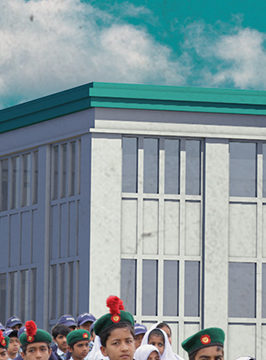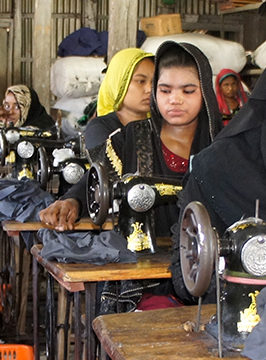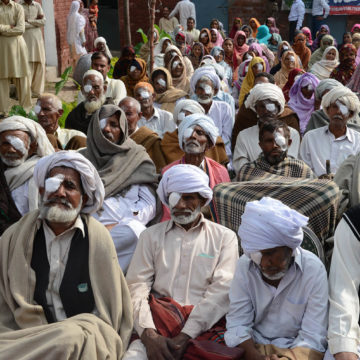Engaged citizens are critical to a healthy society.
Engaged citizens are critical to a healthy society.
Community cohesion is seen as a way to establish a greater sense of citizenship, through the promotion of greater knowledge, respect and contact between people from diverse cultural backgrounds.
A cohesive community is one where there is a common vision and all communities have a sense of belonging, where diversity is appreciated and positively valued.
We must actively promote community cohesion while at the same time ensuring principles of justice. Together, these two principles can serve to promote an inclusive vision of citizenship that allows individuals to simultaneously identify themselves as members of a particular ethnic or religious group, while also feeling a sense of belonging.
Muslim citizens who feel that key legal and political institutions understand, accommodate and reflect their central concerns will have a deeper sense of identification and belonging to these institutions. However, merely recognising individuals as citizens is in itself insufficient as it ignores the group dimension. The public recognition of Muslim identity will allow individuals to feel that they are accepted by the State and in the public sphere. We must strive to ensure Muslim citizens have a sense of belonging to a wider political community, they must be empowered to identify with the key legal and political institutions as Muslims, and feel included in the public culture as Muslims. Whether this process is called accommodation, pluralism or multiculturalism is less important than the fact that it can create a stable future for all minorities.








